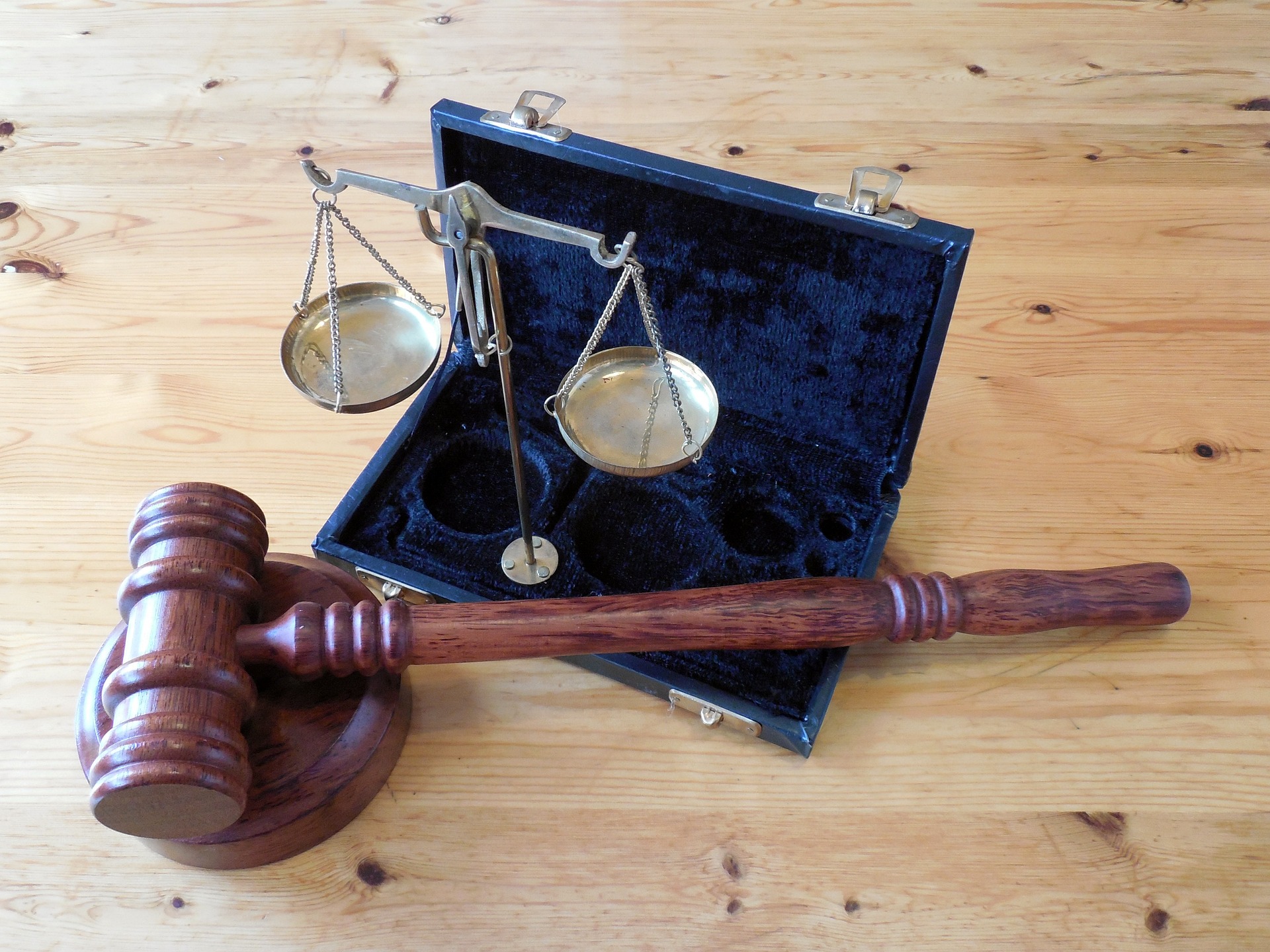Unraveling the Intricacies of Judicial Review in the United States
Judicial review is a powerful tool in the hands of courts, enabling them to examine the constitutionality of laws, government actions, and decisions. This article delves into the historical context of judicial review, recent legislative developments, and its societal implications.
The Genesis of Judicial Review
Judicial review traces its roots back to the landmark case of Marbury v. Madison in 1803, where the United States Supreme Court first asserted its authority to review and invalidate unconstitutional laws. The decision, penned by Chief Justice John Marshall, set a precedent that has shaped the contours of American law and governance.
The Evolution of Judicial Review
Judicial review has evolved significantly since its inception. Initially, it was used sparingly, but over time it has become a fundamental part of the American judicial system. Its application has expanded from scrutinizing national legislation to state and local laws, as well as executive and administrative actions.
Judicial Review in Modern Times
Recent decades have seen a surge in the use of judicial review, reflecting the increasingly complex nature of government regulations and the growing awareness of citizens about their rights. In many high-profile cases, judicial review has served as a tool for protecting civil liberties, affirming the rule of law, and maintaining checks and balances among the branches of government.
The Societal Implications of Judicial Review
Judicial review carries profound societal implications. By examining the constitutionality of laws and actions, it ensures that the government respects the rights and liberties of citizens. Moreover, it reinforces the principle of the rule of law, affirming that no law or action is above the Constitution.
The Future of Judicial Review
The future of judicial review remains a topic of intense discussion. Some argue for its expansion, citing the need for robust judicial oversight in an era marked by complex legal disputes and heightened political polarization. Others, however, caution against excessive judicial activism, warning it could undermine legislative authority and democratic principles.
In conclusion, judicial review is a critical mechanism for maintaining constitutional order and protecting civil liberties in the United States. As we navigate the complexities of the 21st century, understanding its intricacies and implications is more important than ever.







